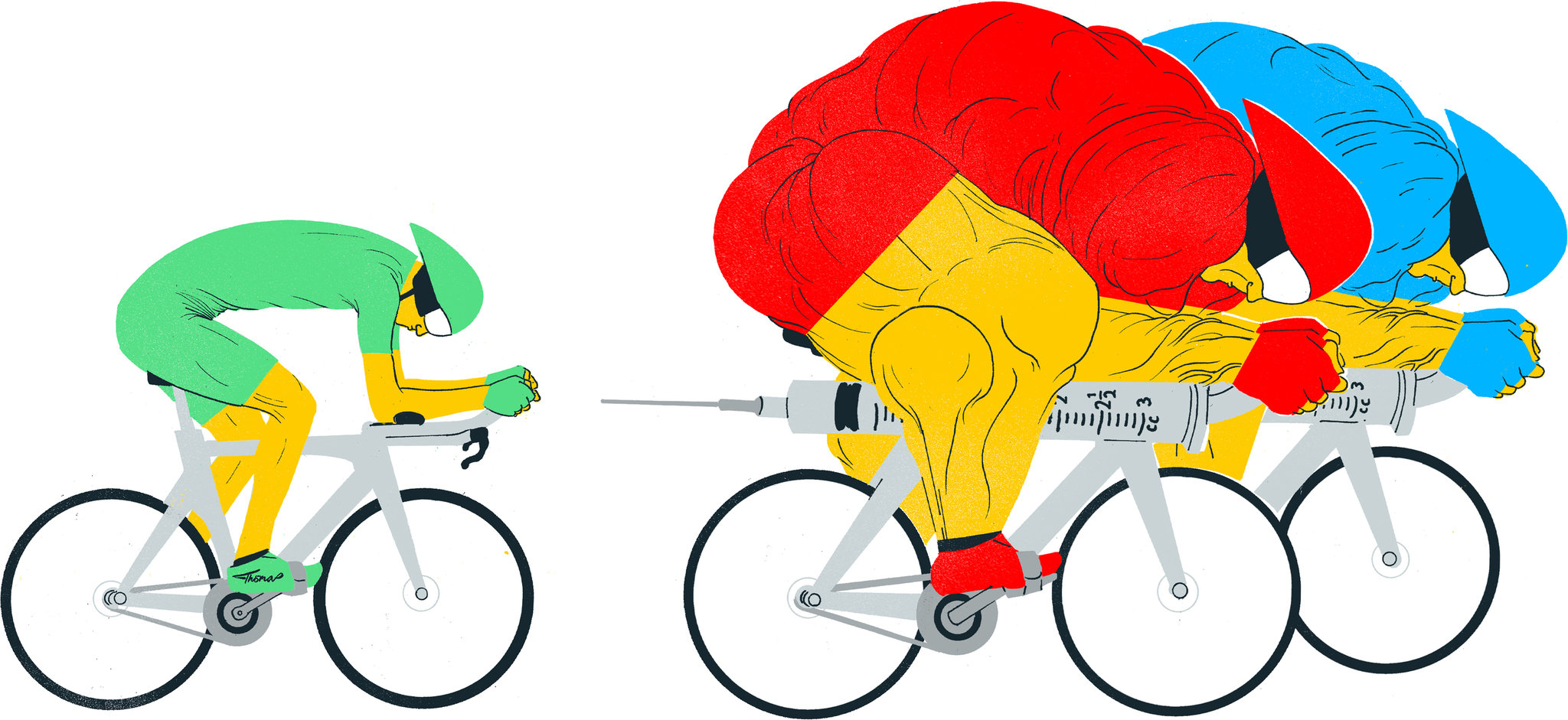

The name Paul Dimeo has become almost synonymous with the topic of doping in sport these days.
Indeed, the leading academic on the topic, who currently chairs USA Cycling’s Anti-Doping Committee, stunned the sport of cycling this week by saying, competitive cyclists should be permitted to undergo blood transfusions and partake in the use banned performance enhancing drugs (PED’s). To wit:
“What made sense then is no longer viable, practically or idealistically. We now live in a world of technology, commerce and performance, where drugs could be safely used for recovery and performance if only the rules were relaxed.”
“Of course, people will react with dismay. But it is time that we had a proper 21st-century debate on the issue, rather than sticking to what was set in stone almost 60 years ago.”
On the subject of EPO, Dimeo says,“there are some studies which state that low doses of EPO improve cardiac function,” he insisted. “A whole generation of cyclists used a lot of EPO and they have survived to tell the tale.”
“If we understood the dosages and the timing of dosages then maybe it would be relatively safe. Would an athlete mind taking a small amount of a drug that has been trialled and medically approved?”
In addition, Dimeo also supports the introduction of blood transfusions (i.e. EPO), which boost oxygen-carrying capacity, saying, “It’s safe, of course, because it happens all the time in hospitals. They would help recovery between the stages of a bike race.
“What is the harm if we know there is a doctor on hand, that everything is clean and sterilized and the blood comes from the right place? People will say it’s cheating, because not everybody can get access to that, but that’s not the same as saying it’s harmful.”
Conversely, opponents of relaxing the rules on the use of blood transfusions and PED’s, are quick to point out, the concern that rising young cyclists who are desperate to progress in the sport, might take advantage of the system by exceeding the maximum permitted doses, in an effort to further their careers.
Dimeo addresses this by saying, while the use of performance enhancing drugs or methods that are currently banned would have to be carefully monitored should their use be permitted, there should be “a middle ground between making a big deal over relatively harmless drugs — and punishing people who have done relatively little wrong — and catching organised, systematic cheats.”
“There is a potential for the reconsideration of some drugs and that’s a debate we need to have,” he concluded.


